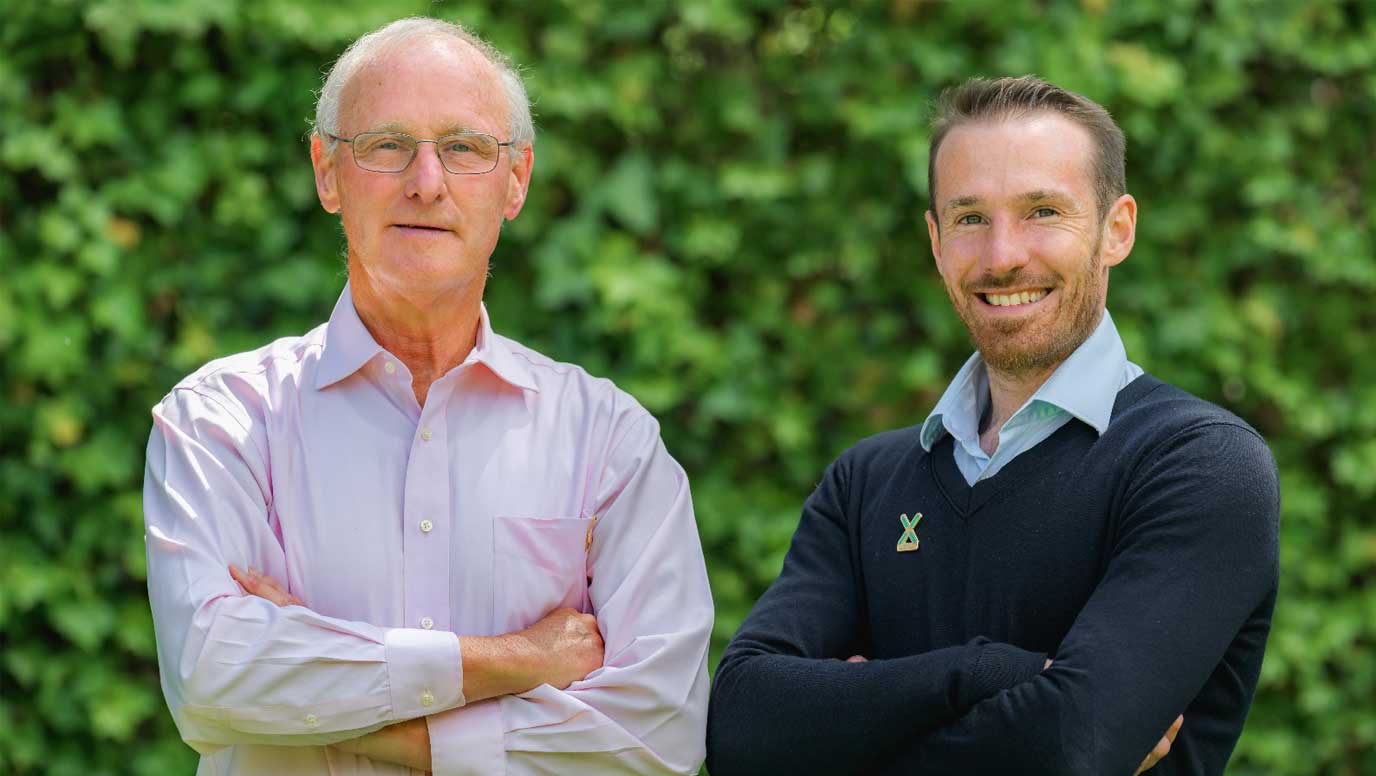Healx raises $47m Series C to progress AI-driven rare disease solution

The company, celebrating 10 years since its Cambridge birth, will eventually raise many more millions to fulfil the potential of its medicine pipeline, says co-founder and CEO Tim Guilliams.
But for now the big game in town is its lead program HLX-1502 which Healx will now advance through a Phase 2 clinical trial for the treatment of neurofibromatosis Type 1 (NF1).
Success in this, the toughest of challenges, could open an Aladdin’s Cave of riches in terms of cures for sufferers as well as spurring the company – brave enough to recognise the challenge of rare diseases when Guilliams was doing his PhD in Cambridge – to further life-changing and life saving breakthroughs.
The latest round takes Healx’s funding haul since inception to $110m. The new financing has been co-led by Silicon Valley-based R42 Group and Atomico, one of Europe’s largest venture capital firms, with participation from new and existing investors including Balderton, Jonathan Milner, Global Brain, b2venture, Ayana Capital, o2h and VU Venture Partners.
Proceeds will be used to advance the company’s pipeline of medicines in rare oncology, renal and neurodevelopmental disorders. In conjunction with the financing, Stanford Medicine Adjunct Professor Ronjon Nag – founder of R42 Group and 2024 Silicon Valley Hall of Fame AI inductee – joins the Healx board.
Guilliams believes the company stands on the cusp of medical history. He said: “This is truly a pivotal time at Healx. By December we will advance HLX-1502 into a Phase 2 clinical trial in patients with NF1 both for plexiform neurofibroma, a genetic condition with limited treatment options and for cutaneous neurofibroma, for which there are no FDA approved options.
“It is an amazing advance which so excites us and marks real progress on what has been an incredible journey.
“We are also generating important preclinical data for multiple additional compounds identified using our novel generative AI drug discovery engine. Those compounds target rare diseases with significant unmet needs, including additional nerve-related tumour disorders, autosomal dominant polycystic kidney disease and neurodevelopmental disorders such as Angelman Syndrome.”
Guilliams revealed that the business had maintained a relatively small team of 55 people and around half were involved in code with the remainder on the clinical and regulatory side of things – because the power of the proposition was very much in Healnet which powers the Healx drug discovery pipeline.
Healnet is an AI-driven discovery platform designed to identify clinically de-risked therapeutic opportunities for rare diseases. It incorporates recent advances in generative AI to find connections between biological and chemical entities that could be turned into new treatments.
While many companies in the modern era pay lip service to AI or attempt to piggy-back perceived advantages of artificial intelligence, Healx is the real deal in the space.
The company received clearance from the U.S. Food and Drug Administration (FDA) to proceed with its Phase 2 clinical trial of HLX-1502 – focusing on treating adults with NF1 and inoperable plexiform neurofibroma. It represents a huge show of faith in the solution.
HLX-1502 is a tablet taken orally that works differently to other treatments and offers a new and differentiated investigational treatment option for patients with NF1.
NF1 is a rare genetic disorder associated with predisposition to develop multiple benign and malignant tumours. It affects approximately 1 in 2,500 individuals.
Two notable types of tumours associated with NF1 are plexiform neurofibromas and cutaneous neurofibromas. Plexiform neurofibromas are complex tumours growing aggressively along nerves which often leads to significant morbidity and risk of malignant transformation.
These tumours can affect various parts of the body, causing functional impairments, disfigurement and pain and requiring multidisciplinary management.
Currently, there is only one treatment option available for some children with plexiform neurofibromas which is, however, associated with tolerability and safety concerns including GI, heart, eye and skin toxicity.
Guilliams notes that there are 10,000 known rare diseases that affect 400 million people across the globe but only five per cent of those conditions have an approved treatment.
By combining generative AI technology with deep drug discovery and development expertise, Healx can accelerate the pace, increase the scale and improve the chance of success of rare disease treatment development in order to deliver global patient impact. “Healx exists because every rare disease patient deserves a treatment,” says Guilliams.
A biochemical engineer, Guilliams teamed with entrepreneur David Brown – co-inventor of Viagra and former global head of drug discovery at Roche – to found Healx.
As previously reported, Healx has an investment agreement with its long-term research partner, Children’s Tumor Foundation whereby it will receive milestone-driven payments from CTF to support the advance of its NF programs including HLX-1502. No figures can be revealed for the potential payouts.


